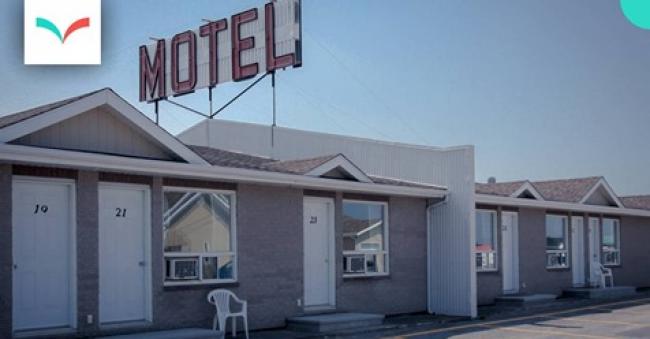Articles Menu

Apr. 3. 2020
rom health and safety to the economy, COVID-19 is revealing the penny-pinching of Canadian governments to be pound-foolish.
On April 1, federal health minister Patty Hajdu vocalized this point when she said that successive federal governments have underfunded public health preparedness for decades. The pandemic has also revealed weaknesses in worker protections and the social safety net. For instance, those receiving social assistance or working minimum wage jobs in many cases will make less than the $2,000 monthly Canada Emergency Response Benefit. COVID-19 is showing us how the erosion of social spending has left Canadians vulnerable.
That lesson is clearest when it comes to homelessness. Right now, cities across the country are scrambling to avoid a public health catastrophe for people experiencing homelessness. When a person is homeless, it can be nearly impossible to self-isolate. And within Canada’s crammed emergency shelters — many of which have occupancies above safe capacity — if even one person has COVID-19, an explosion of cases could follow.
So far, cities are approaching this crisis by opening new mass shelters where bed spaces are spaced two metres apart. Toronto, Vancouver, Montreal, Calgary, and Edmonton have all opened overflow shelters for the duration of the pandemic. But let’s be frank: even if beds are spaced according to the guidelines, physical distancing is impossible in a mass shelter context. Calgary Mayor Neheed Nenshi tacitly acknowledged this when he said other options would be more effective to slow the spread of the virus.
Overflow shelters are not comfortable. Most of these environments have cots, which are typically used in emergency mass sheltering. These consist of fabric slung over a foldable wire frame. For bedding, the usual combination is a thin fleece blanket and a pillow. When a community needs to flee a fire or flood, these cots are a good way to make do for a few days. But they are cold, as the fabric does not retain heat, and no one would want to use them for more than a few days.
Beyond the sleeping arrangements, the spaces that cities are using for these shelters often do not have adequate facilities for personal hygiene. Calgary’s Telus Convention Centre, for example, is designed for hosting conferences and other events. It is not set up for accommodating hundreds of people who need showers.
Finally, like almost all homeless shelters, privacy will be nearly impossible to find. That means that people staying there will be at risk of violence and theft. It also means being robbed of quiet moments and the ability to be alone.
Some cities have asked for, or are trying to procure, apartment or hotel spaces for people who find themselves homeless during COVID-19. That is ultimately what needs to happen, for public safety and human rights reasons. If you are balking at the cost, remember that we are only in this position because Canadian governments at all levels have been penny-wise and pound-foolish for so long.
The truth is, we should have ended homelessness by now. We have known for a long time that the housing first approach — a simple policy approach where you give people housing and then sort out issues like trauma, family breakdown, and addictions later — is the most effective approach. And in addition to the moral and rights-based arguments, experts have clearly demonstrated that it is cheaper to end homelessness. That is because when people have housing they don’t need costly crisis services like the police, emergency medical services, and hospitals as often. Ending homelessness would save Canadian taxpayers an estimated $44 billion over a decade.
We have known what we need to do for a decade. The only element that has been missing is the political will. The looming public health crisis for Canada’s homeless population reflects yesterday’s failures of compassion and evidence-based policy. Today we need to put in the resources to truly keep the homeless safe in a pandemic. And when this is over, let’s learn from our failures and end homelessness.
Kristen Pue is a PhD candidate in Political Science at the University of Toronto, and a postdoctoral fellow at Carleton University’s School of Public Policy and Administration. Her dissertation is on the role of nonprofits in the welfare state, focusing on homelessness and emergency management.